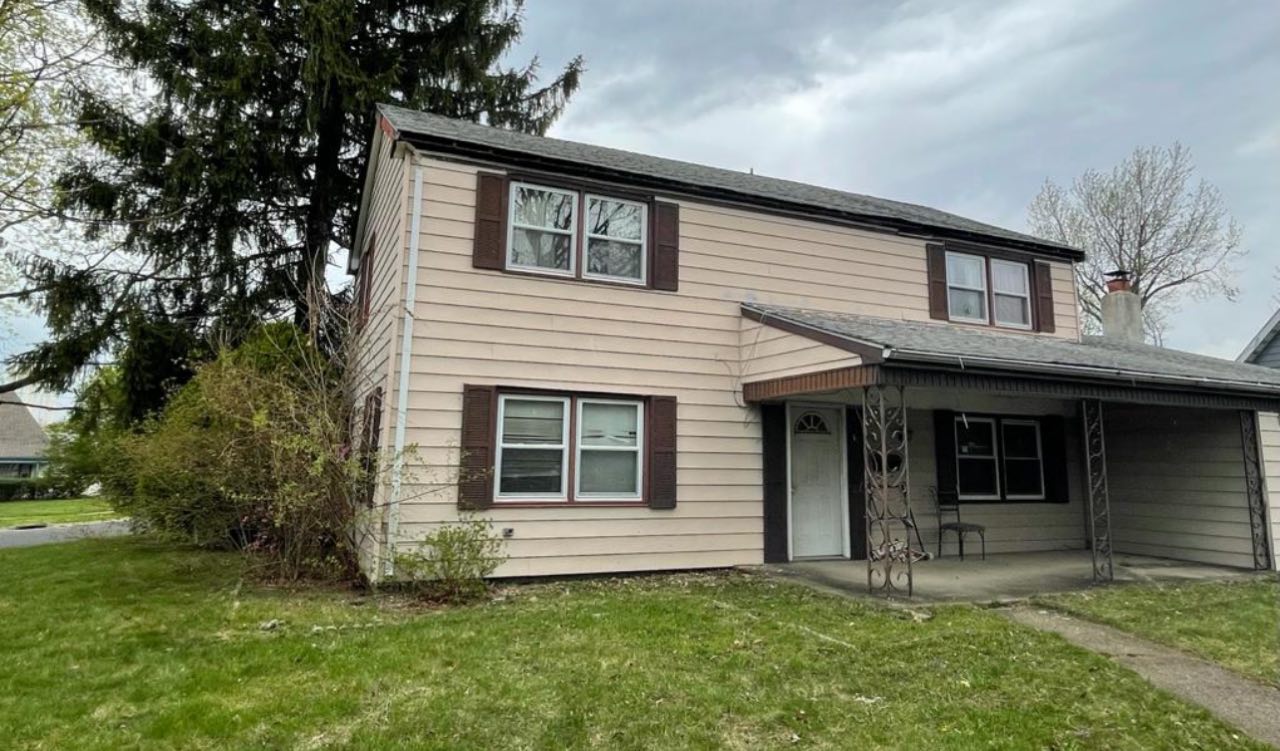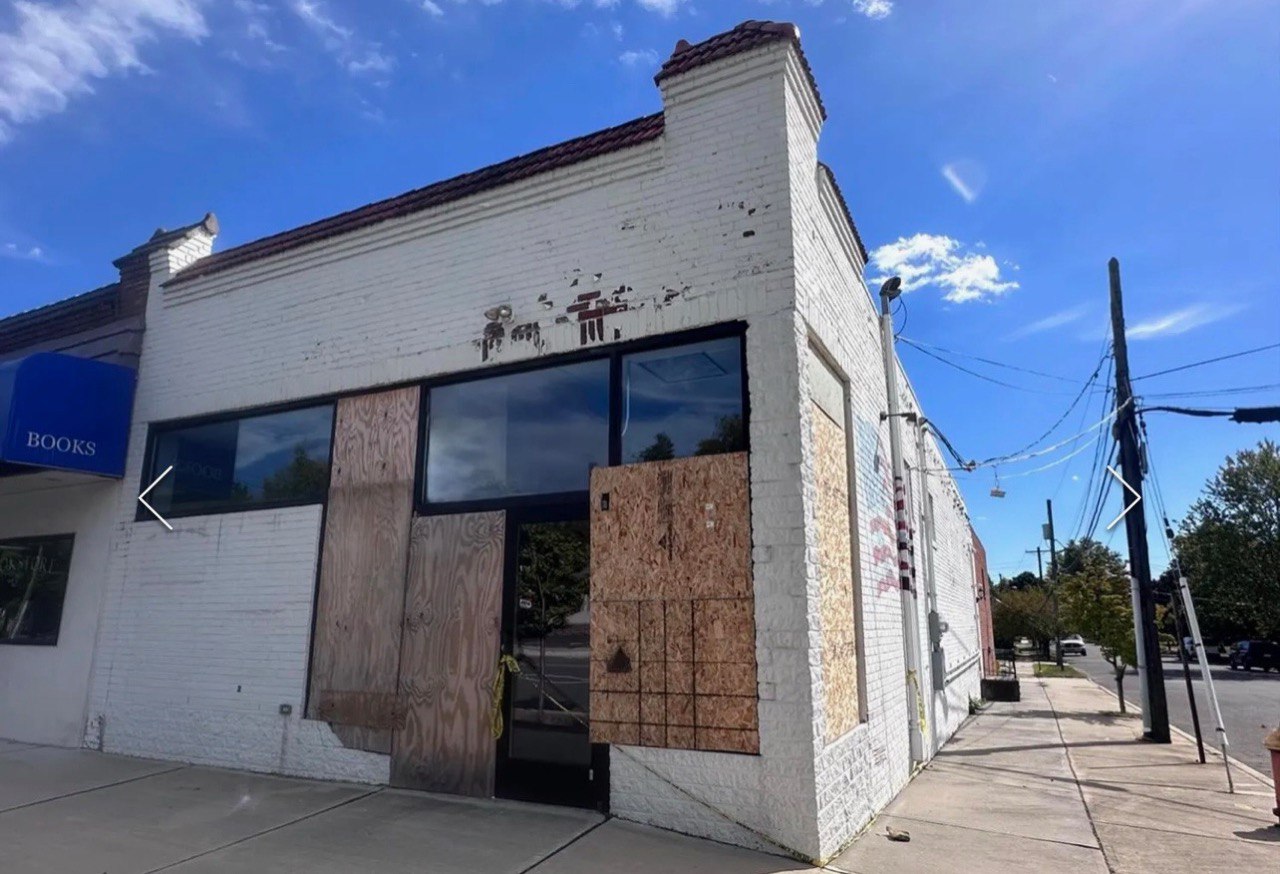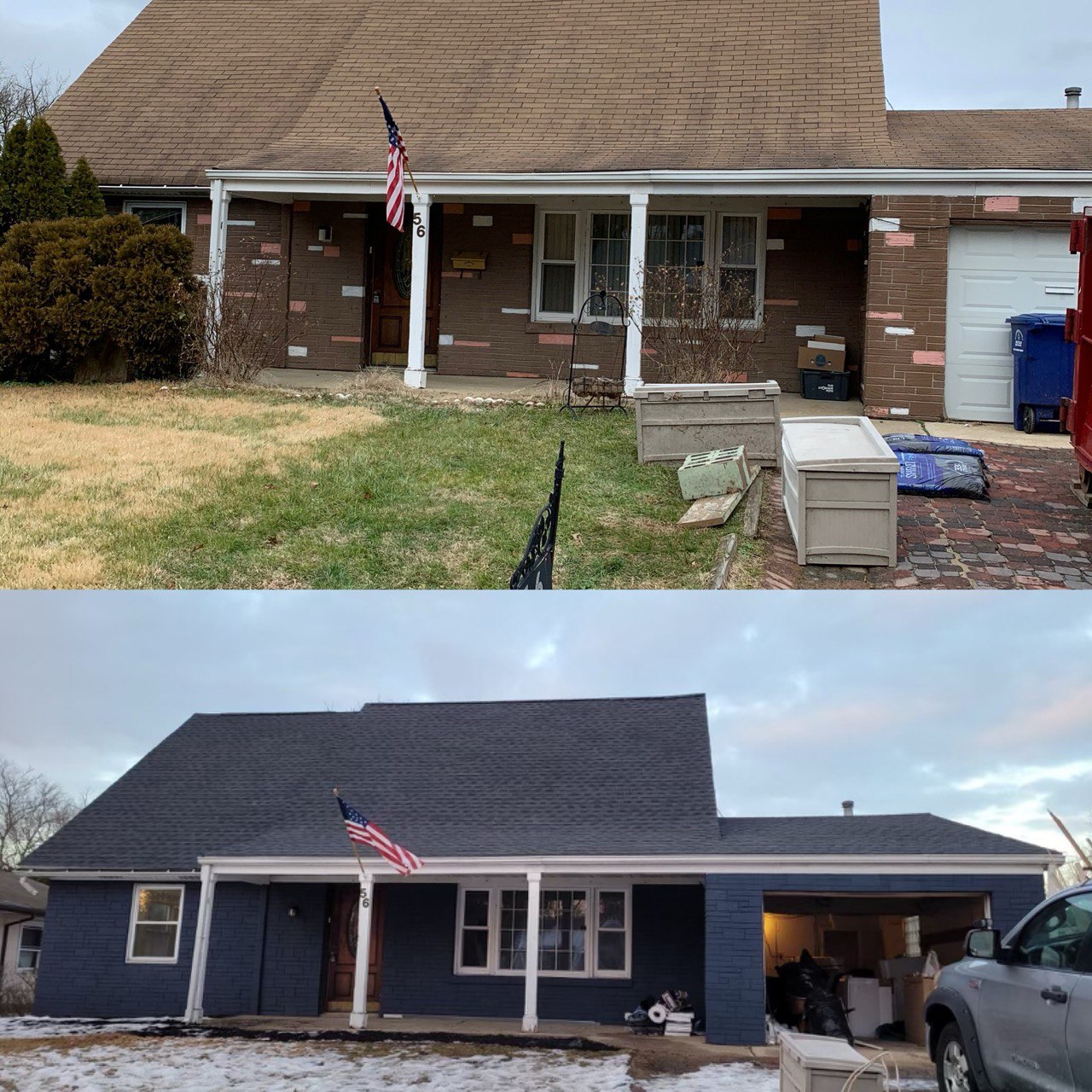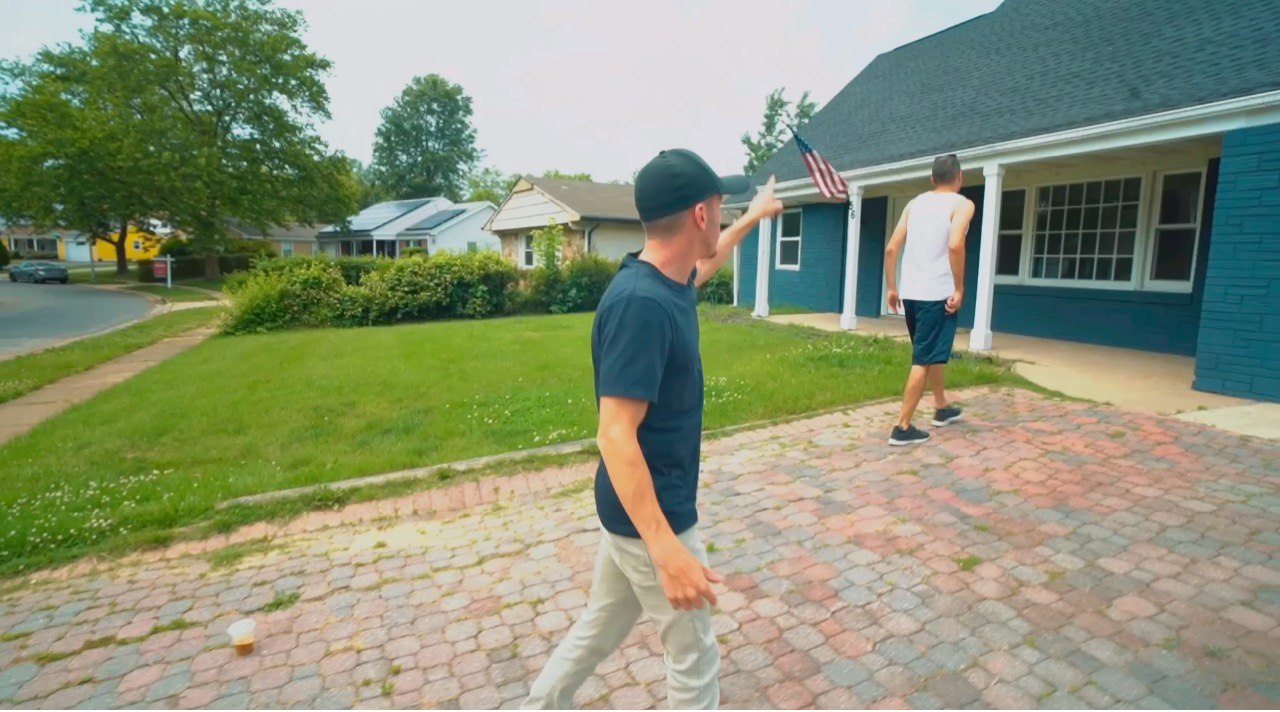
Not every day is a good day. We all experience rough times from time to time. And, as a property owner, having a rough time may mean losing investment —losing a property that you’ve worked hard for for the longest time. Your biggest investment! If you missed making payments consecutively, there’s a big chance that you’re facing foreclosure with your lender — depending on your contract.
Foreclosures Happen To The Best Of Us

Often times, foreclosure does not happen unless you missed 3 up to 6 consecutive mortgage payments. That is why it is very important to understand the foreclosure process if you are a property owner. The very first step is called pre-foreclosure. This means that the property may or may not be foreclosed by the bank because it is in default. The second step is called short-sale.This where the owner attempts to sell the house before foreclosure happens. However, you have to know that the market value is a little short because of the owner’s balance on the loan. Depending on the bank, they may or may not accept offers less than the balance due at this point. If the property owner can get the bank to short sell, then they’re in luck because it is much better for their credit. The third step is the foreclosure auction. The bank is trying to get the most money for the property in a short amount of time at this point. The fourth step is an REO, which stands for Real Estate Owned. If the property failed to be sold at auction, the bank will then have to repossess it and they’ll have to put it in the market for sale.
Foreclosure is a legal process in which the bank or the lender takes over the possession of your house if you failed to make a monthly mortgage a few times as indicated in the contract. This impacts your credit score big time! It would also show up on your credit report that future landlords might have to pull up. The foreclosure would stay on your credit report for 7 to 10 years before falling off. You may have more time to live in your home if you let it go to foreclosure because of the statutory redemption period. This time frame depends on whether you took title via mortgage or deed of trust. The process may take as quick as 1 month up to 2 years! At the end of the redemption period, if you have not reinstated your loan and are still not able to make your payments, then you really have to move out. If you took title through a deed of trust, there is typically no statutory redemption period, and you have to move out immediately.
Is A Short Sale Really The Answer?

During the foreclosure process, you have the opportunity to list your house as a short sale. The best time for a short sale is the time period when you realize you are unable to make your payments as outlined in your loan agreement. It should be done before the lender files legal action against you. Before they officially own your house.
You will be able to list your house on the market and try to get an offer that will satisfy the balance of your loan or get really close to it. This might be a difficult process because you will have to be in constant communication with the lender about the offers you receive and will have to wait for them to approve or counter offer the offers you receive. If you do have an offer that the bank is willing to accept, selling your house to that buyer would relieve you of some of the credit damage of having a foreclosure, although it would still negatively affect your credit.
The best option would be to avoid the foreclosure process altogether and negotiate a sale of your property before you get to the point of missing payments on your loan.








